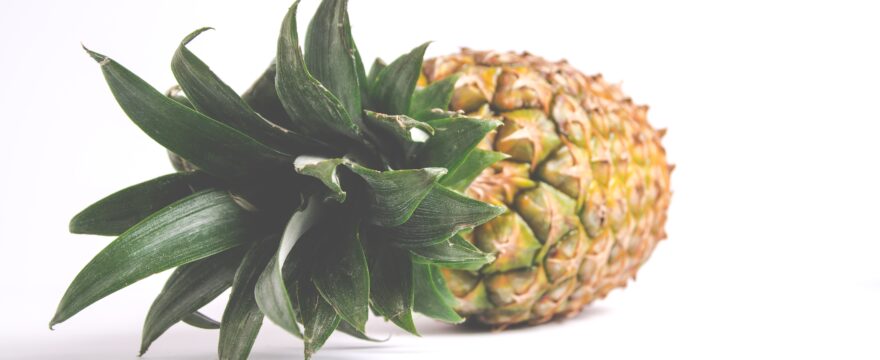In Jamaican culture, no animal part goes to waste, as folks eat cow tripe (intestines) and cow foot. But this practice isn’t unique to Jamaica. For centuries, Chinese women consumed foods like pig’s feet, shark fins, and donkey skin, hoping to achieve smooth skin, wrinkle-free faces, and preserve aging joints. And guess what? The science suggests they weren’t wrong. It’s the collagen in these foods that acts like a fountain of youth.
Back in the 80s, collagen gained popularity in the United States as an expensive injectable filler for plumping lips and smoothing wrinkles. But over the past 2 years, edible collagen has become trendy.
Collagen is essentially the connective tissue that provides structure to our muscles, ligaments, and tendons, attracting minerals during bone formation. However, when it comes to collagen from animal sources, there are risks involved. We’ve discussed the dangers of animal fat before, as it goes against health goals like excess fat release and reversing type 2 diabetes, among other things. Animal fat can act as a sponge for contaminants and heavy metals. In fact, a test of 14 popular collagen supplements found high levels of cadmium, a toxic heavy metal.
Dermatologists and consumer groups have expressed concerns that collagen may carry mad cow disease, along with the risks of heavy metal toxicity causing neurological disorders.
But here’s the good news: our bodies have the ability to produce collagen by utilizing vitamin C, minerals, and amino acids. Although there are cases where our collagen stores may be depleted (smoking, inflammatory diet, and stress), consuming more vitamin C and minerals can help our bodies produce collagen at a faster rate.
If you’re looking to boost your vitamin C intake, consider incorporating these meal ideas into your routine:
- Orange smoothie
- Kiwi smoothie
- Lemon water
- Broccoli and eggplant roasted and seasoned
- Cauliflower rice seasoned Asian style with coconut aminos and spices
- Brussels sprouts sauteed with a buffalo sauce
- Bell peppers sliced and put into a raw vegan collard wrap with a stuffing of your choice. I particularly like this tuna recipe
So, when it comes to collagen supplements, my advice is simple: don’t waste your money. The internet is filled with information about collagen’s supposed benefits for skin and mood, but the evidence for supplementation doesn’t support any unique advantages beyond a placebo effect. Instead, focus on nourishing your body with whole foods, especially those that can naturally boost collagen production.
Protein is essential for wound healing and collagen production. While the recommended average daily protein intake is around 0.8 grams per kilogram of body weight, if you’re recovering from a wound, you may need up to 1.25 to 1.5 grams per kilogram. Legumes, nuts, and seeds are excellent sources of protein. You can even include them in dressings, salads, or enjoy almond butter in your morning smoothie.
So, save your hard-earned money and invest it in real, nutrient-rich foods from your local grocery store. Your hair, skin, and nails will thank you for it.
As mentioned above, some collagen-producing whole food sources include nuts and seeds, which you can use in making a variety of raw vegan delights. If you want to learn more about how to make clean eating happen for you, sign up for the 30 Day Raw Vegan Challenge https://bit.ly/30DAYRAW
Episode Resources:
Join the Facebook Group for support on your wellness journey
It’s not just a certification. It’s a movement. Learn more about The Plant Protocol
My book, You Can Afford to Be Healthy
E-mail me to submit a question and get featured on the Raw Food Health Empowerment Podcast
Currently Reading:
// HOST Samantha Salmon
Certified Integrative Nutrition Coach and Ambassador of Health and Happiness
// CO-HOST Dorrell Hylton Salmon
Mom, Wife, Hair Doctor, Beauty Parlor Counselor, and Prayer Warrior
The information provided in this broadcast is for educational purposes only and is not intended as medical advice. These statements have not been evaluated by the food and drug administration, or the equivalent in your country. Any products/services mentioned are not intended to diagnose, treat, cure, or prevent disease.
RawFoodMealPlanner.com © 2021, 2023

Leave a Reply